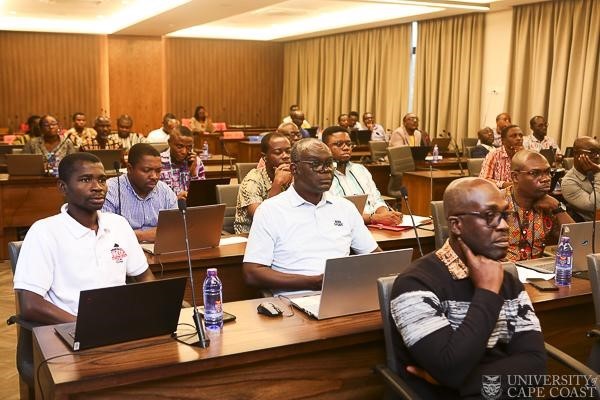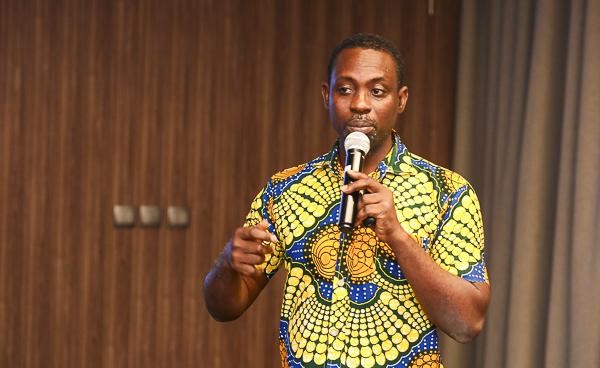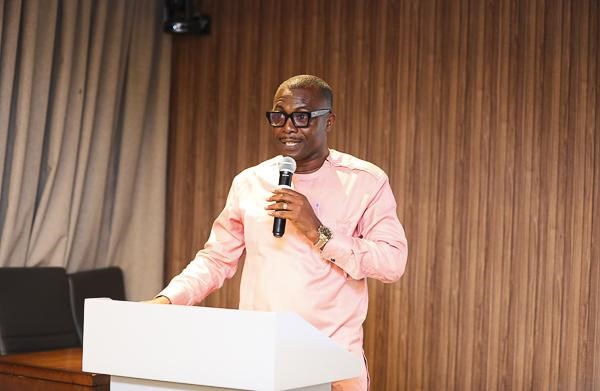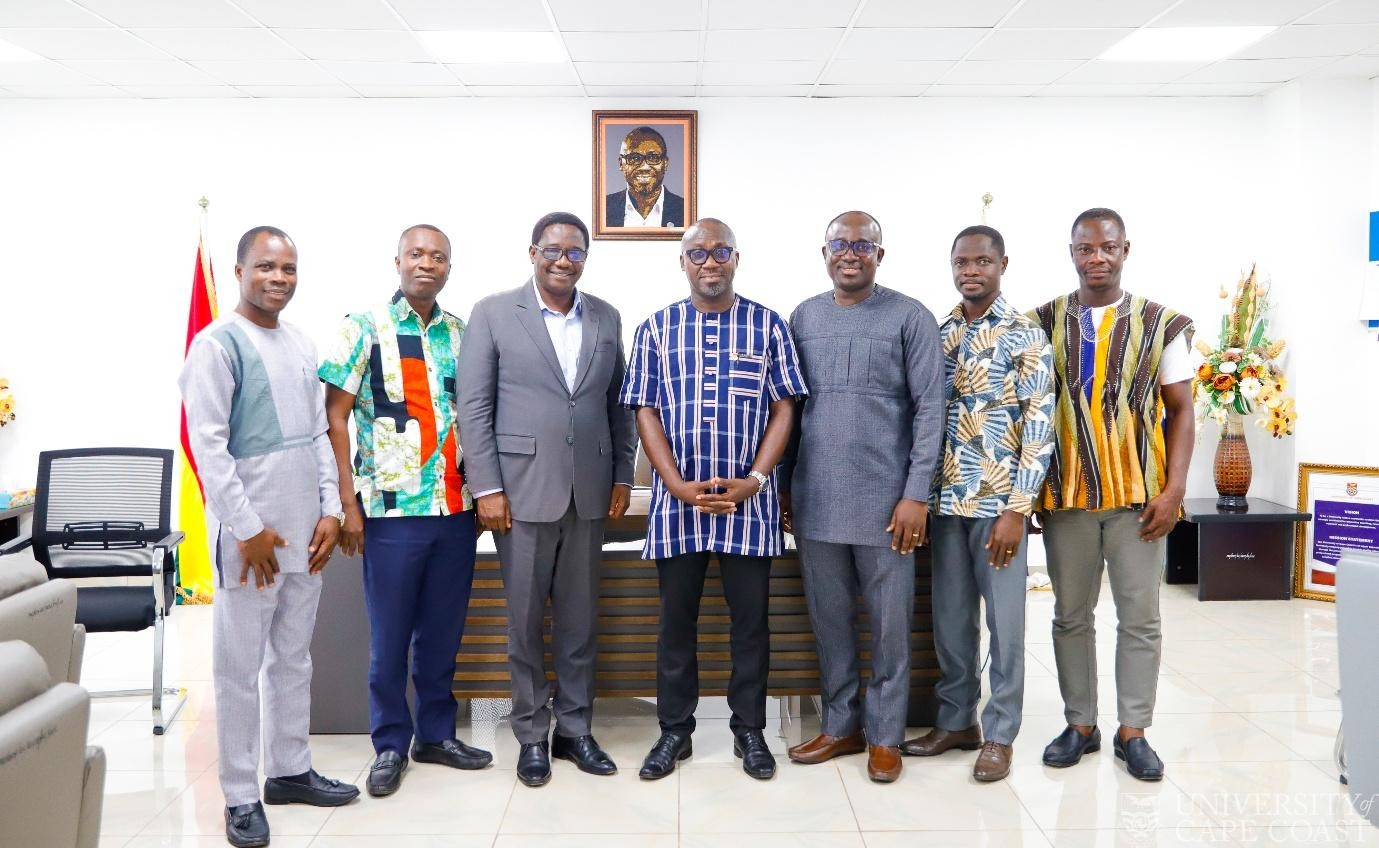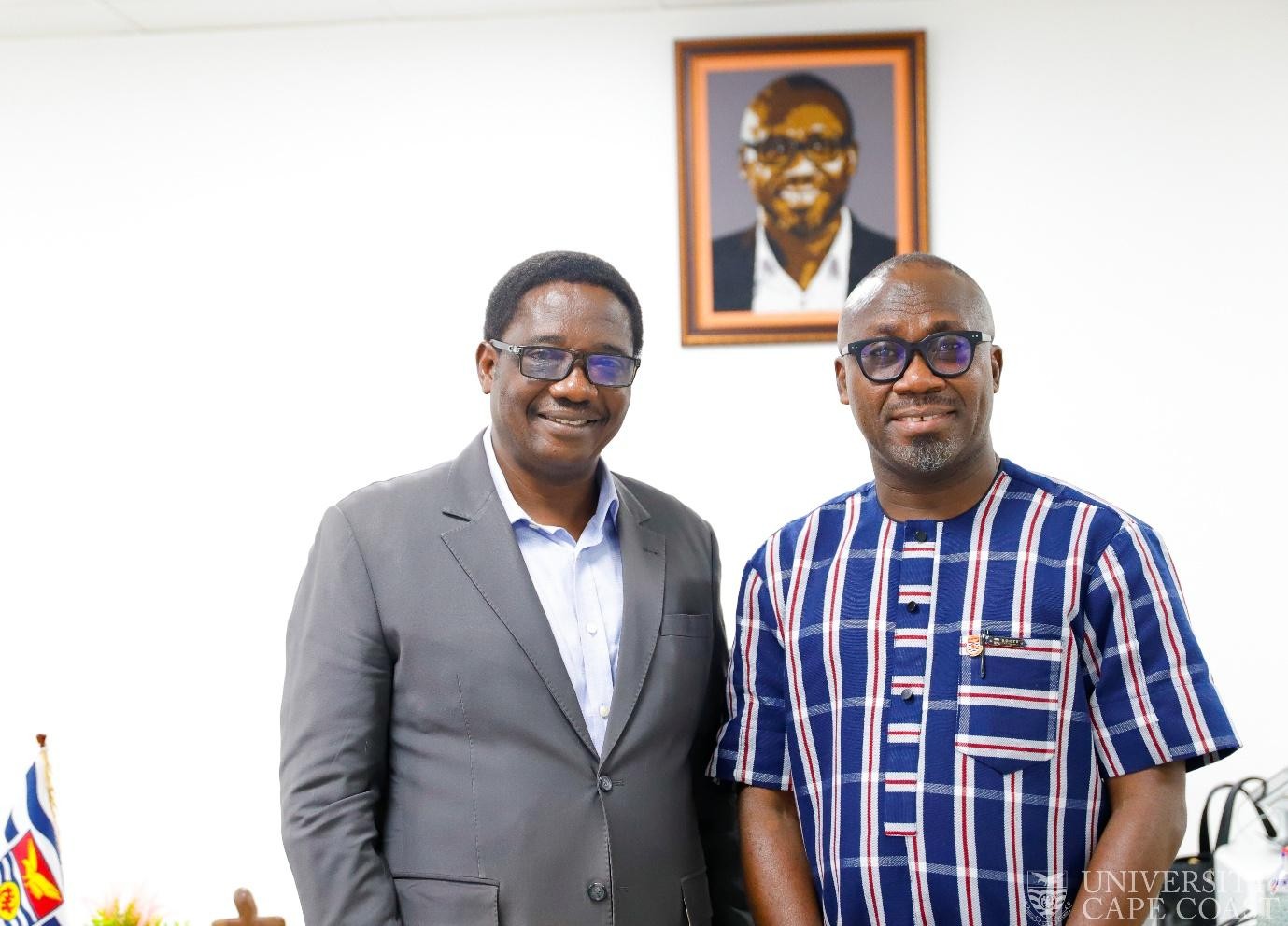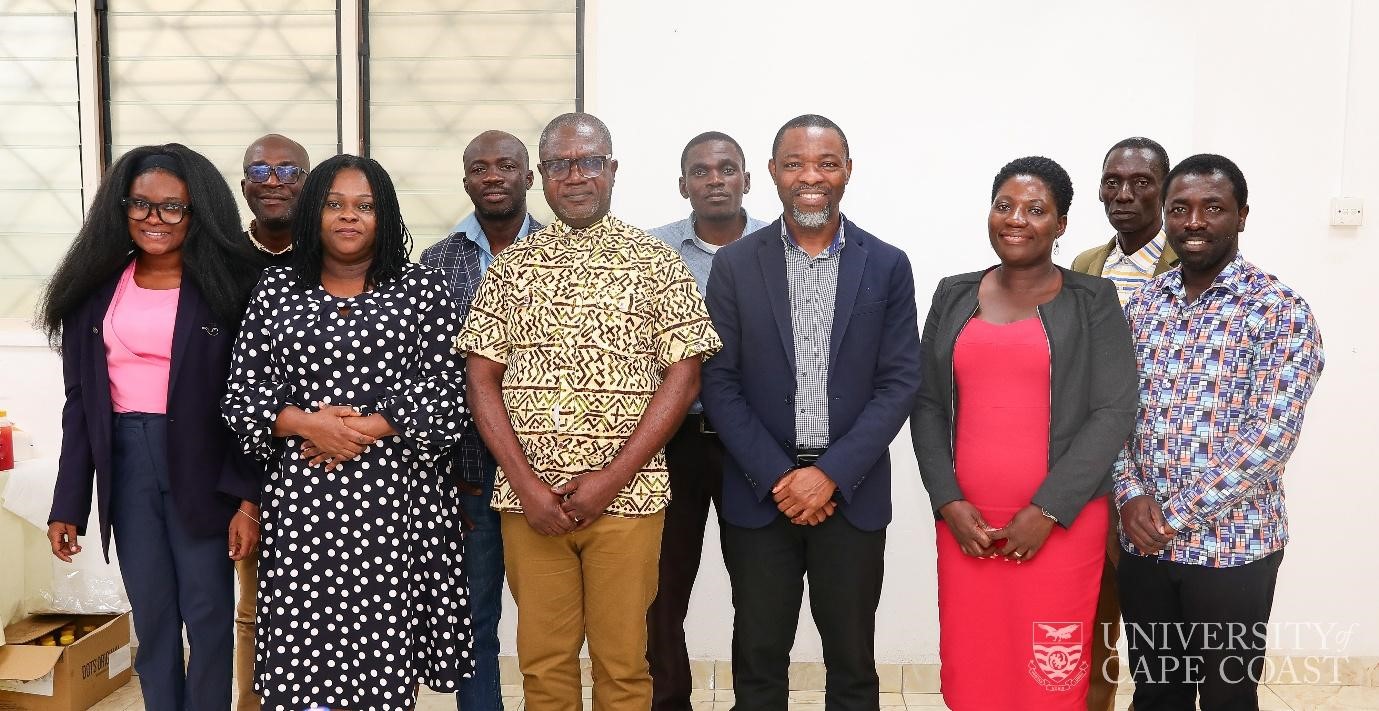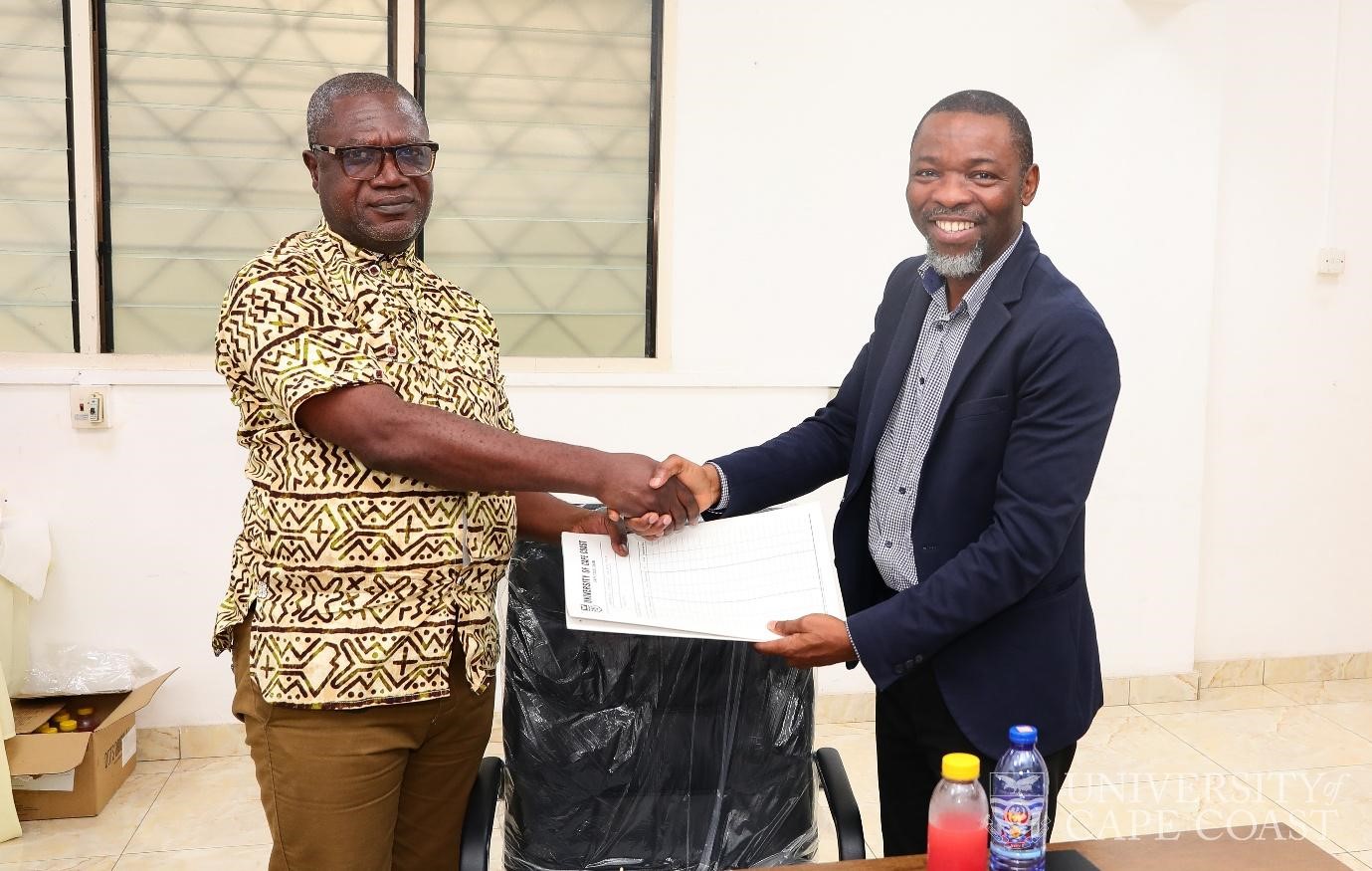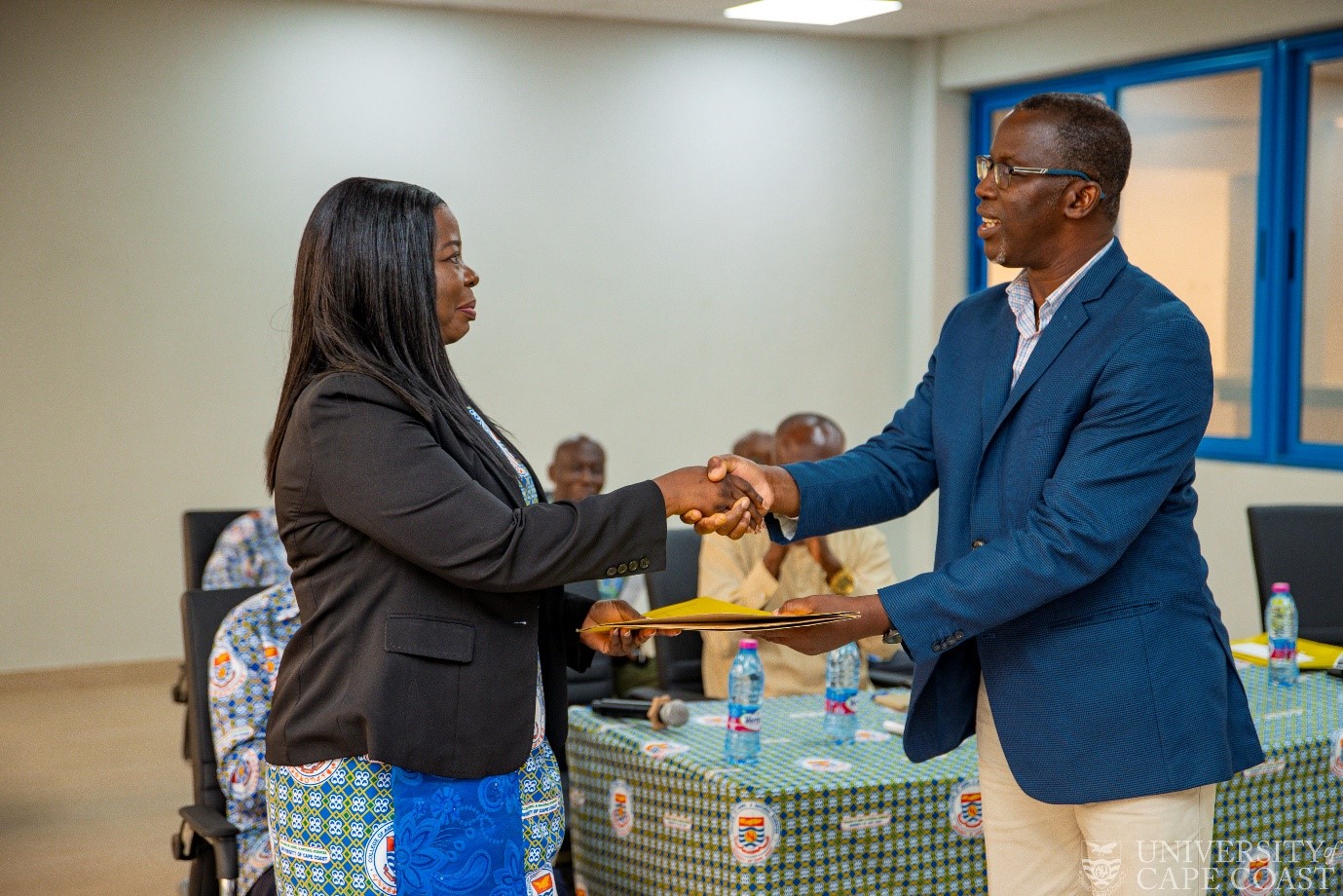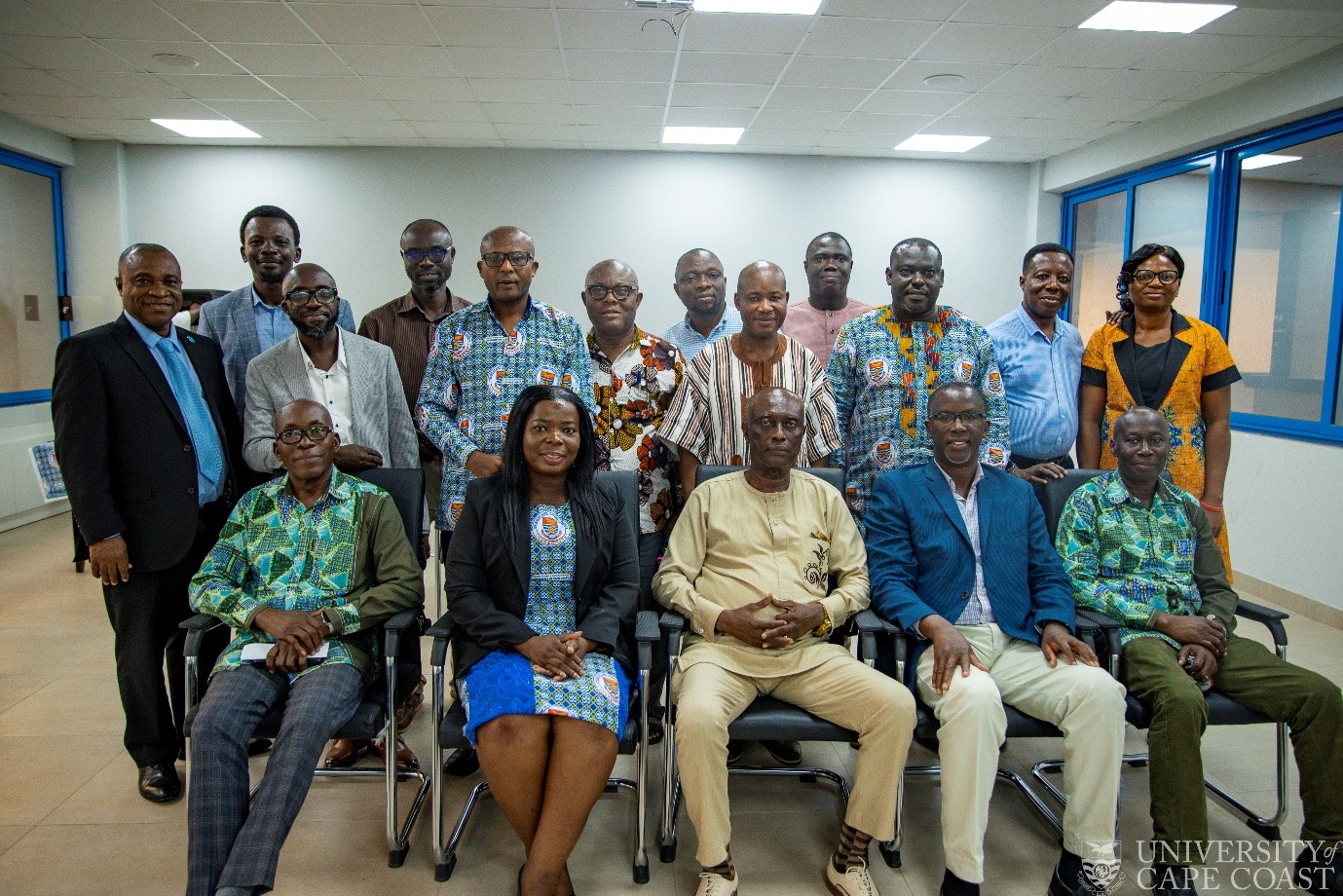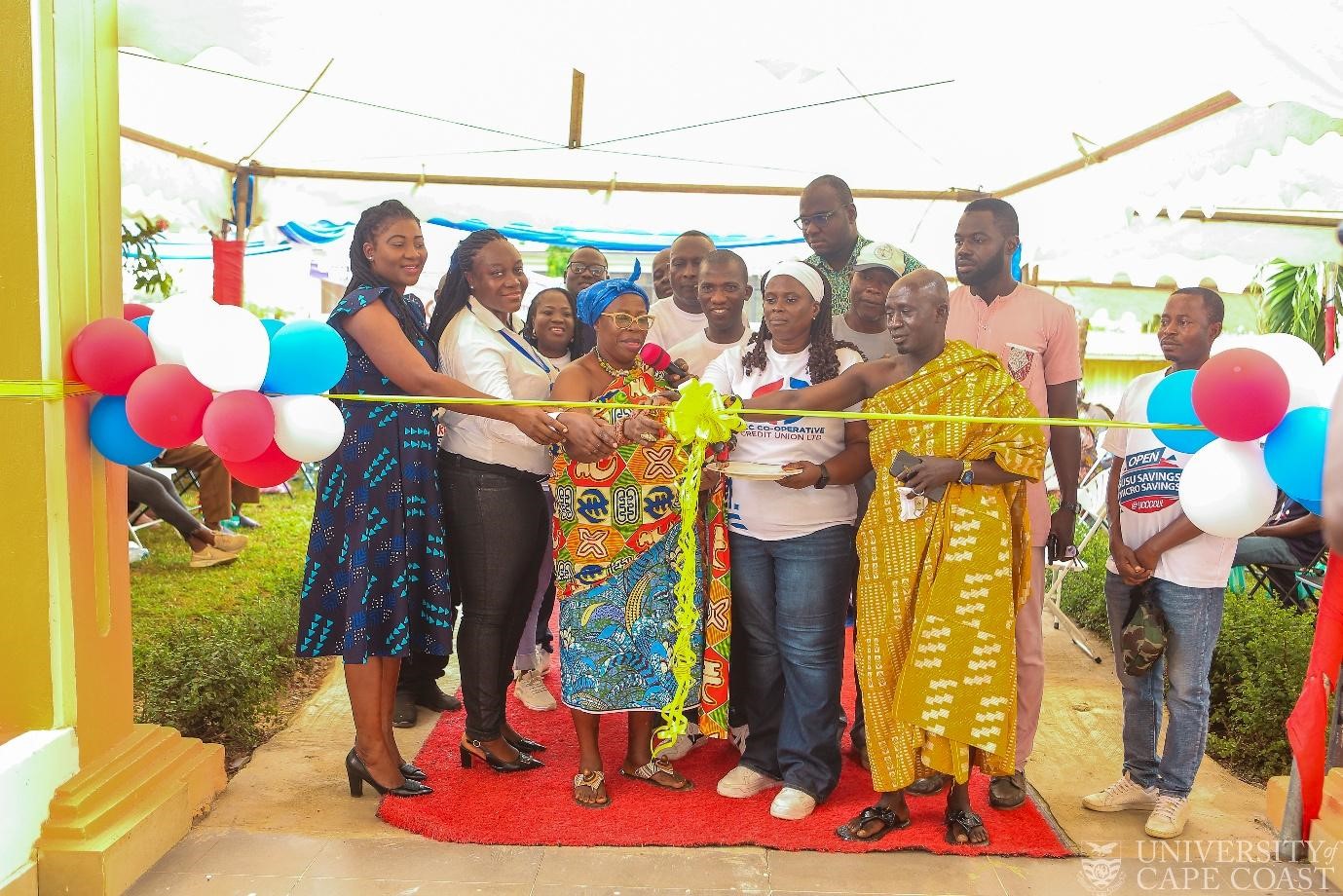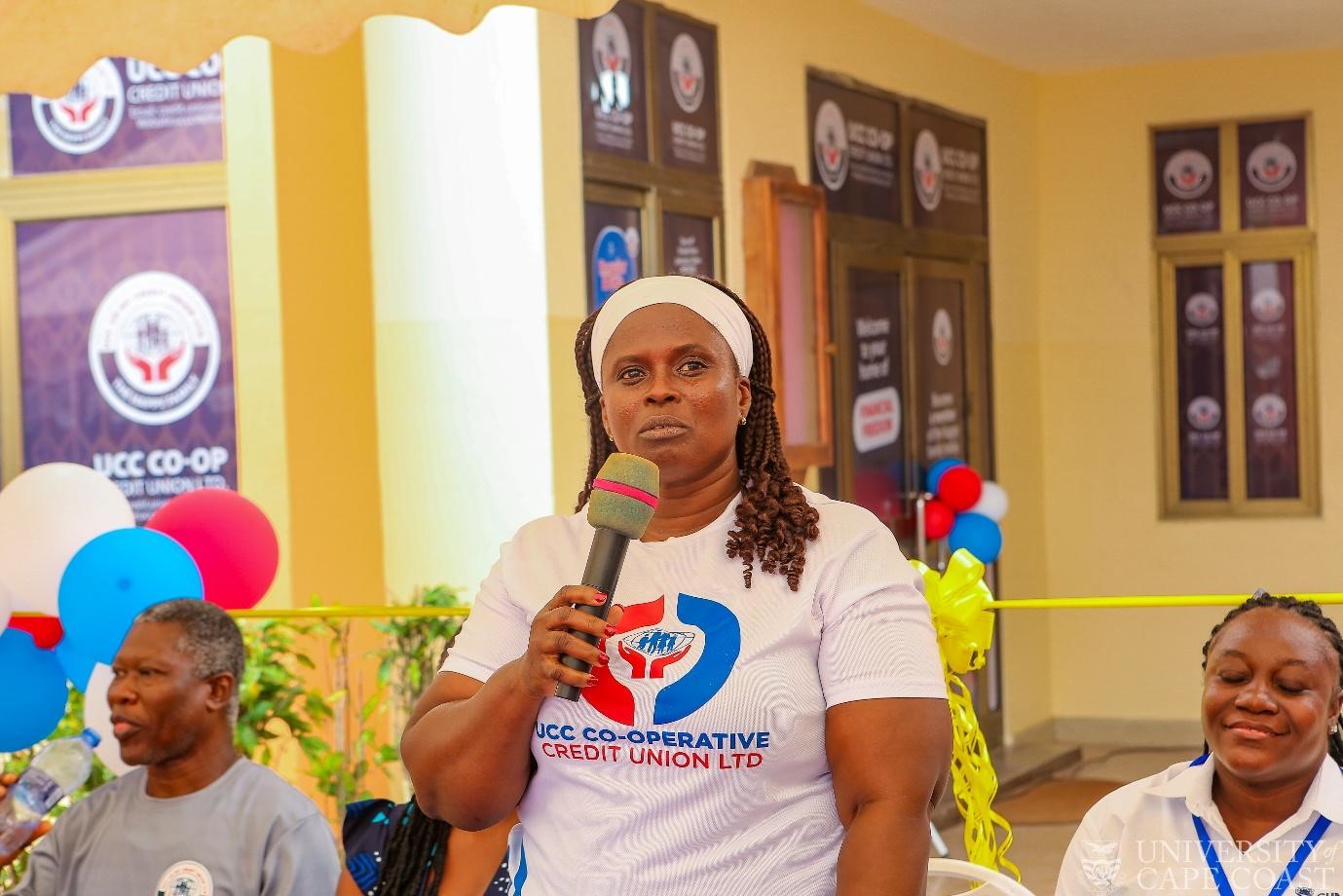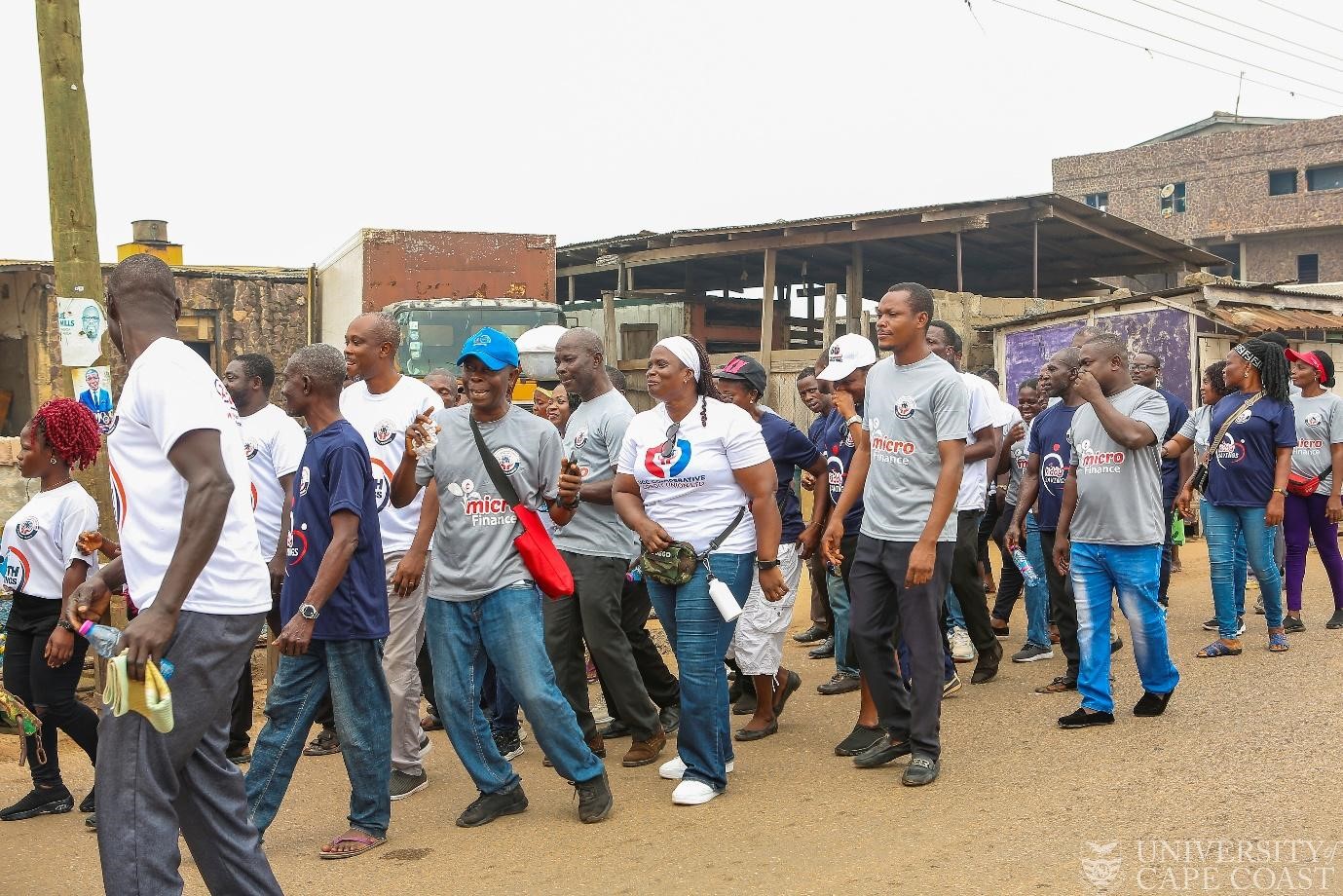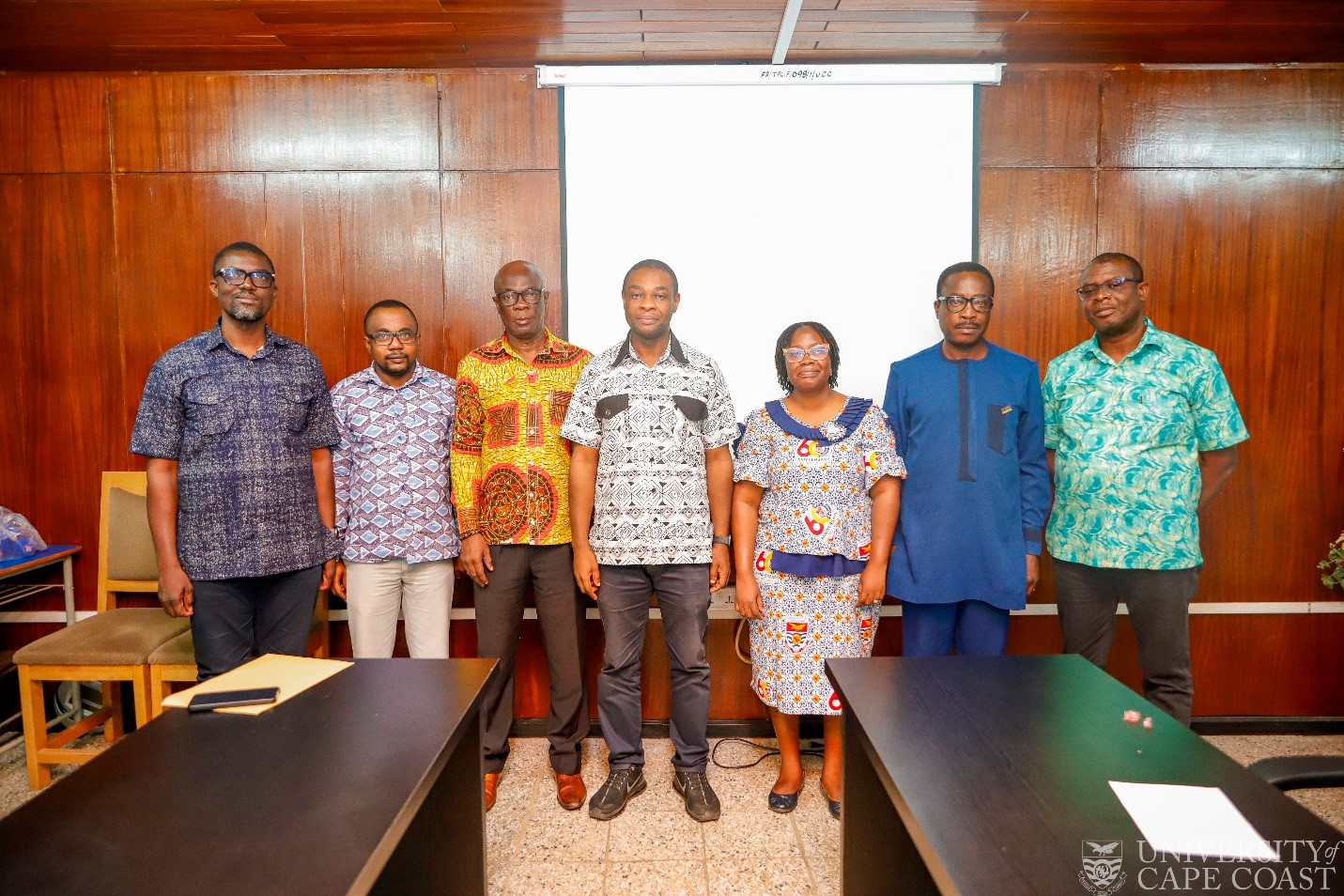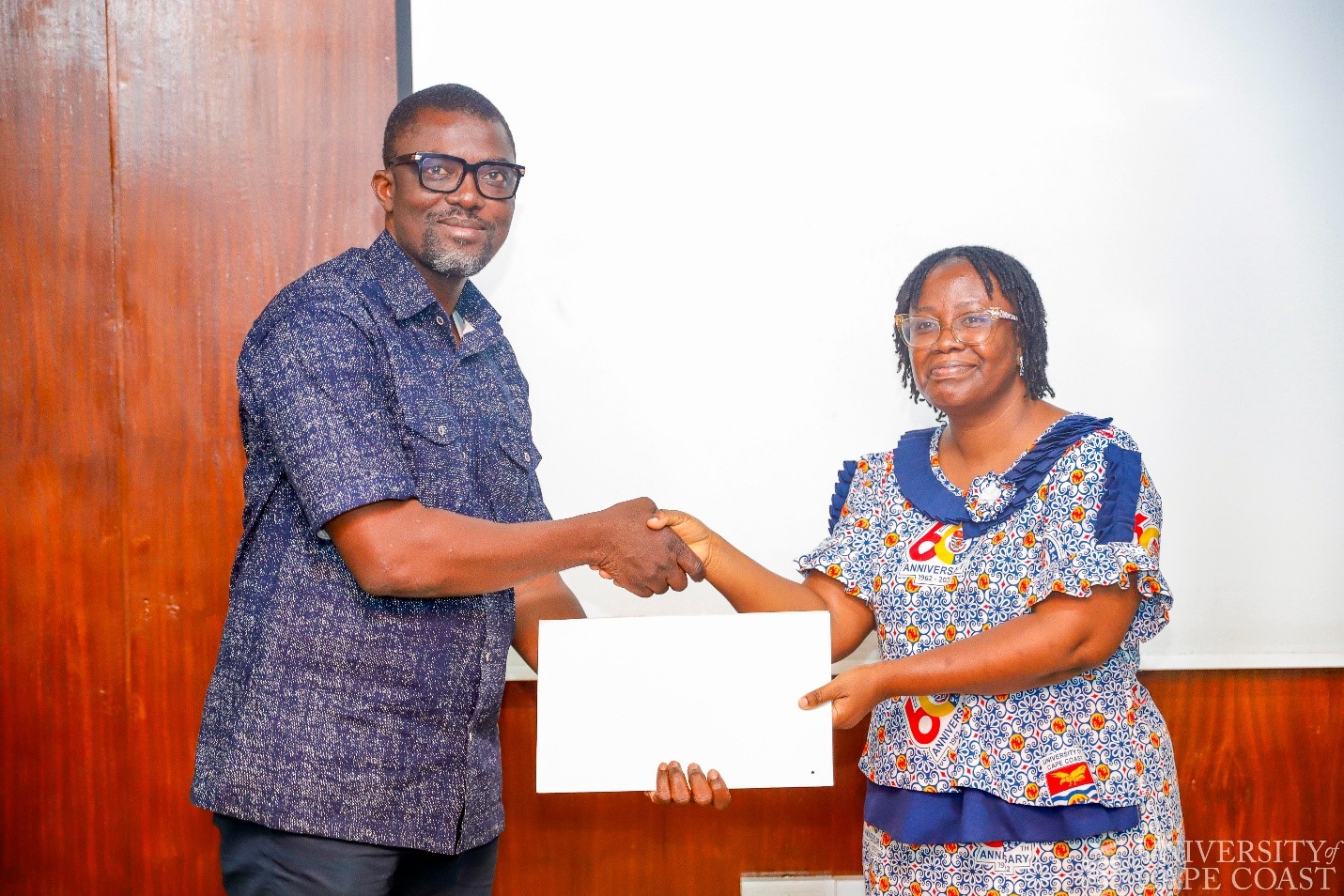Following the decision by the Ghana Tertiary Education Commission (GTEC) to no longer accept manual applications for programme accreditation for all tertiary institutions in Ghana, the University of Cape Coast (UCC) has organised a day’s training and technical support workshop for selected lecturers in the University.
The programme, organised by the Directorate of Academic Affairs, was to expose lecturers to GTEC’s digitisation of its accreditation architecture, shaped as Accreditation Management Information System (AMIS), where tertiary institutions in the country could apply for accreditation 24/7 without any hindrance.
Taking participants through the training, the Acting Head of Management and Information System at GTEC, Mr. Benjamin Hackman, explained that the decision to implement AMIS would help cut down on paperwork, increase efficiency, reduce waiting time for accreditation and most importantly, cut down cost for universities.
“Currently, as you may be aware, all 26 public universities, being the 16 traditional universities, and their 10 counterpart technical universities, are required to submit their applications through this digital space,” he added.
Ag. Head of Management and Information Systems at GTEC, Mr. Benjamin Hackman
Mr. Hackman said the digital platform would fast-track the accreditation process by providing timely feedback to applicants on updates to the processes and status of their applications.
According to him, the move formed part of efforts by the Commission to enhance transparency, accountability and convenience for stakeholders.
He mentioned some of the challenges posed by the manual system to include human errors and operational burdens.
“Over the years, the function of accreditation has been through a manual system, which meant that the initiation, engagement and documentation relied heavily on the availability of human resources to prepare and track the processes.
“This overwhelmed the process and brought a lot of inefficiencies in the accreditation processes of the Commission,” he added.
The Director of Academic Affairs, Dr. Atta Yeboah-Sarpong, in his opening remarks, commended GTEC for introducing AMIS, and said it would go a long way to alleviate the burden on tertiary institutions.
Director of Academic Affairs, Dr. Atta Yeboah-Sarpong
While pledging his support for the system, he called for continuous monitoring to ensure the platform achieves its intended purpose.
Dr. Atta-Sarpong urged lecturers to take advantage of the AMIS platform in the accreditation of any academic programme their departments would roll out in the university.
Source: Documentation and Information Section-UCC

